Summary | Excerpt | Reading Guide | Reviews | Beyond the Book | Read-Alikes | Genres & Themes | Author Bio
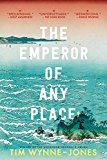
Critics' Opinion:
Readers' Opinion:
First Published:
Oct 2015, 336 pages
Paperback:
Mar 2017, 336 pages
 Book Reviewed by:
Book Reviewed by:
Norah Piehl
Buy This Book
This article relates to The Emperor of Any Place
Two of the monsters that haunt the island of Kokoro-Jima in the novel The Emperor Of Any Place are borrowed from traditional Japanese mythology.
Jikininki might remind many readers of zombies. In The Emperor of Any Place, they devour the bodies of deceased soldiers who have washed ashore on Kokoro-Jima, but what they are hungry for isn't brains but stories and memories. These creatures are inspired by corpse-eating ghosts from Japanese Buddhist mythology.
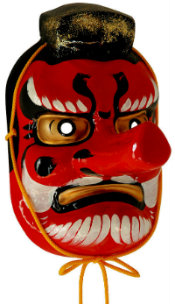 According to legends, these are the ghosts of people who were selfish or greedy during their lifetimes and are consequently doomed to a sort of half-life, kept alive by the flesh of human corpses. Jikininki are apparently self-loathing, longing to be freed from a horrific existence. Their appearance is horrific, striking pure terror into the hearts of any human who sees them; some accounts relate that jikininki can disguise themselves as ordinary humans by day—even as priests.
According to legends, these are the ghosts of people who were selfish or greedy during their lifetimes and are consequently doomed to a sort of half-life, kept alive by the flesh of human corpses. Jikininki are apparently self-loathing, longing to be freed from a horrific existence. Their appearance is horrific, striking pure terror into the hearts of any human who sees them; some accounts relate that jikininki can disguise themselves as ordinary humans by day—even as priests.
I don't want to say too much about the creature known as Tengu in Wynne-Jones' novel, but suffice it to say that it plays a critical and destructive role in the story. Traditionally, tengu (they feature in both Shinto and Buddhist mythology) take their name from a dog-like Chinese demon called Tiangou, and their name means "heavenly dog" in Japanese.
Although tengu obviously have canine associations, they have historically also had avian features with faces like birds of prey. Over different periods in Japanese history, tengu have been depicted as disruptive, sinister, or even vaguely benevolent. They frequently feature in Japanese folklore and, more recently, have played roles in a variety of anime and manga publications as well as other popular culture sources. Most relevant to The Emperor Of Any Place, tengu have at times been viewed as harbingers of war.
Picture of a Yamabushi Tengu a Shinto character who represents a Mountain monk Tengu by Patstuart
Filed under Cultural Curiosities
![]() This "beyond the book article" relates to The Emperor of Any Place. It originally ran in November 2015 and has been updated for the
March 2017 paperback edition.
Go to magazine.
This "beyond the book article" relates to The Emperor of Any Place. It originally ran in November 2015 and has been updated for the
March 2017 paperback edition.
Go to magazine.
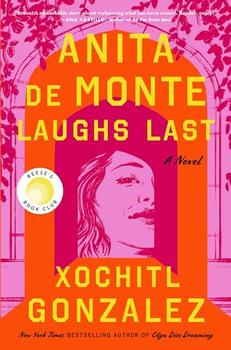
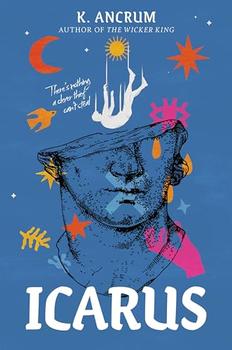
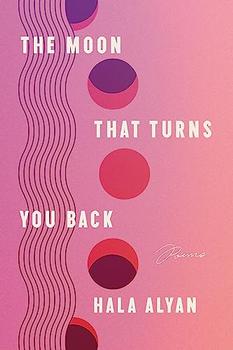


Only the Brave by Danielle Steel
A powerful, sweeping historical novel about a courageous woman in World War II Germany.
Your guide toexceptional books
BookBrowse seeks out and recommends the best in contemporary fiction and nonfiction—books that not only engage and entertain but also deepen our understanding of ourselves and the world around us.